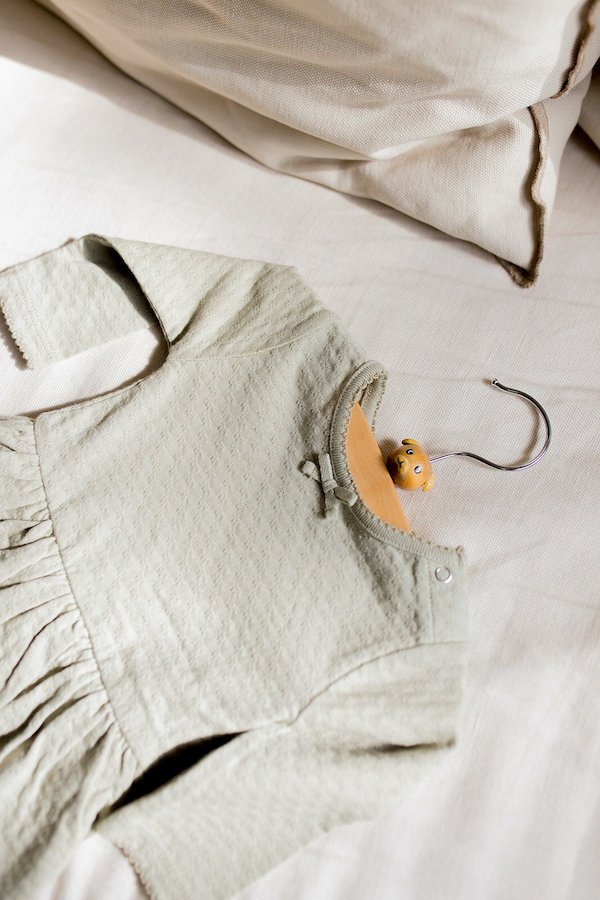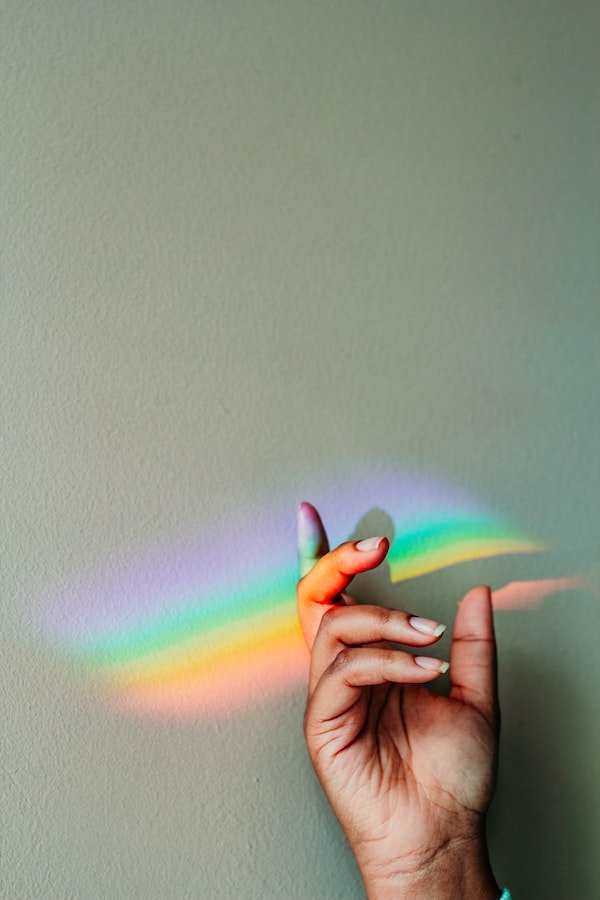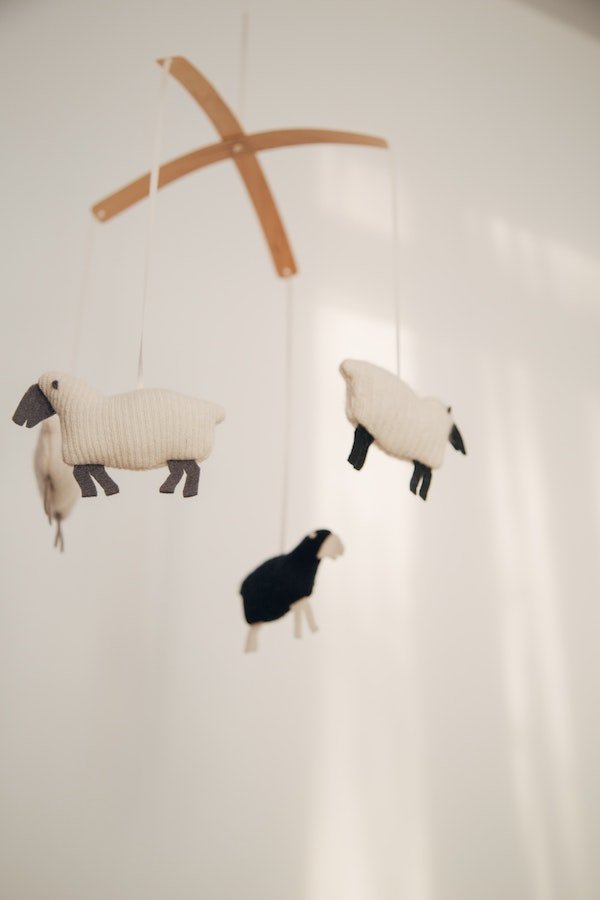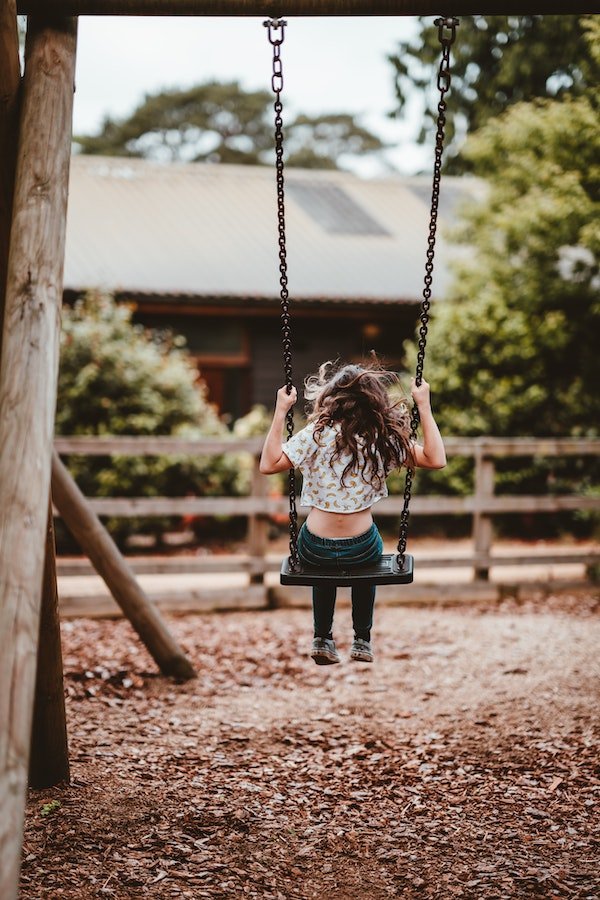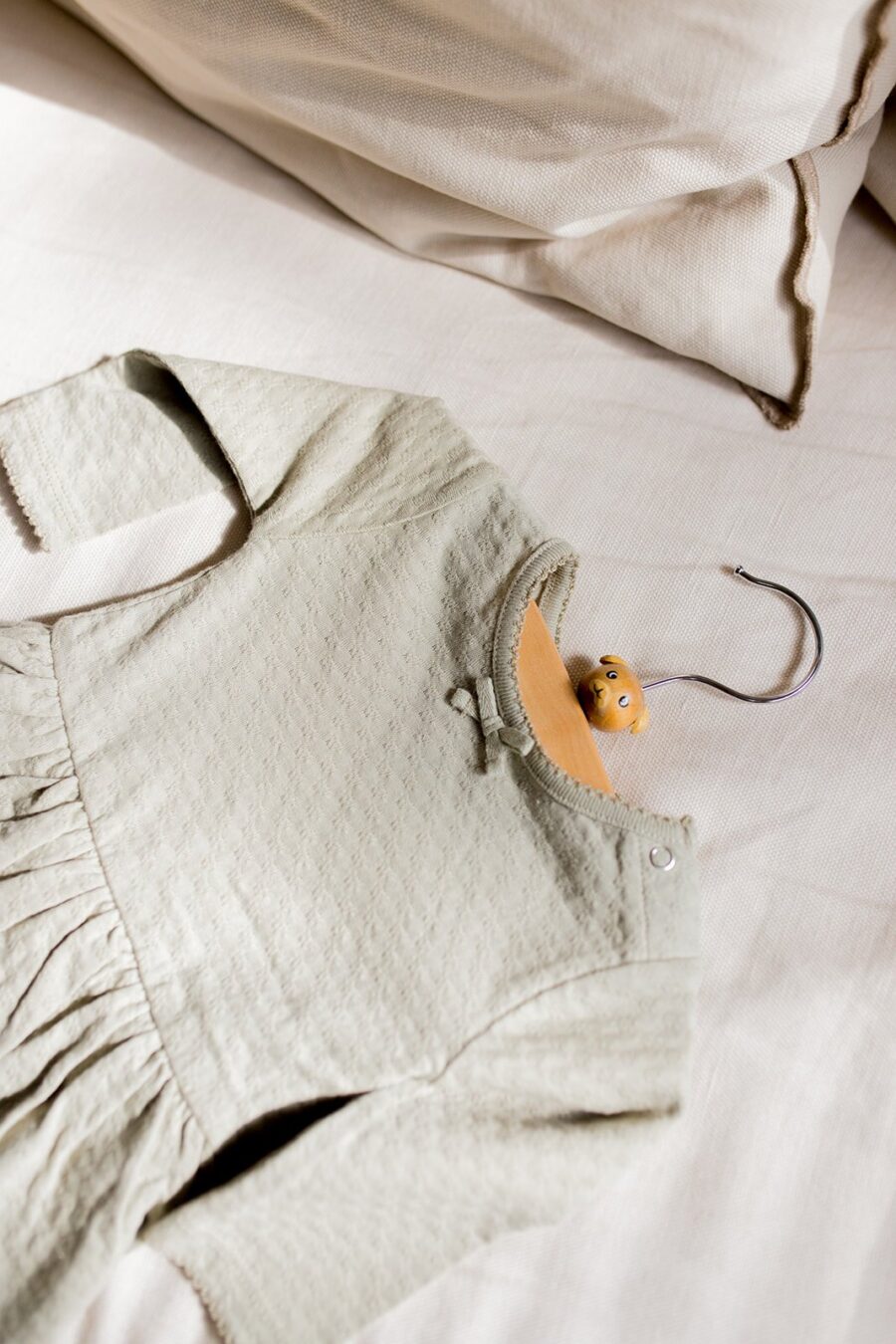
What It’s Like To Have A Baby Before All Your Friends
Motherhood is about community. Parenting without one is hard.
I had my son unexpectedly at 26 years old. Six years later, all my friends are having babies. And I’m ecstatic—I finally have the mom-crew I dreamed of years ago. But it wasn’t always this way.
I fell pregnant mid-TEFL teaching days while living in Bangkok, arguably one of the party capitals of the world. When I stepped out of that decadent world of my mid-20s, swapping whiskey-tinted glasses for talcum powder and push-up bras for nursing ones, I went on my journey alone. I packed up my expat life into a backpack and a couple of boxes, and boarded a plane home to South Africa, arriving in a city I hadn’t lived in for seven years, with no friendship circle and only my parents as company.
Impending motherhood: prenatal vitamins and antenatal classes. Breathing practice and awkward explanations about the status of my relationship. Nobody was coming with me into this place, or to become the place itself, if we are to follow this line from “lands,” a poem by Nayyirah Waheed:
My mother was my first country, the first place I ever lived.
“My unplanned pregnancy at 25 ripped me from the stage of life I shared with my friends—renting, working, partying—and thrust me into young motherhood.”
My unplanned pregnancy at 25 ripped me from the stage of life I shared with my friends—renting, working, partying—and thrust me into young motherhood. When I was posting pregnancy photos of my ever-growing belly, my best friends were taking selfies at nightclubs. I’d swipe through their stories, filled with envy, while a little kick in my stomach reminded me that this part of my life was over. My friends’ 2 a.m. bedtimes soon became my 2 a.m. breastfeeds, and while we were both handling bottles, the ones I was nursing were filled with milk I’d expressed with a Medela mini breast pump, a far cry from the raucous, bass-filled nights of the years prior.
I’m an extrovert, and feeling isolated from my peers tainted early motherhood for me. Even when I managed to socialize, I couldn’t possibly convey all that I was going through. I wanted to feel understood, without having to explain, to feel seen.
I needed a community: people with whom I’d survive the first weeks, months and years of raising a child. I needed commiseration from people who got it. Yet, the idea of making new friendships seemed so daunting. How could I possibly socialize with a Rorschach-like smatter of questionably colored bodily fluid staining my T-shirt? Would a potential new friend see the person I was away from the stroller, the spit-up, and the sterilized bottles?
“I craved the familiarity of my friends, those who had known me before I was somebody’s mother, to pull me back into this self.”
As I shape-shifted into a mom, I felt less and less like myself. Even when I had company, I experienced a visceral need to be known in an all-encompassing way. I wanted to be known as the person before the baby and as the person I was now becoming. I craved the familiarity of my friends, those who had known me before I was somebody’s mother, to pull me back into this self.
Don’t get me wrong: I made “mom-friends.” The birth of my baby led me to make some of the most supportive and fulfilling friendships of my life. There was also my crew of “unexpected mommies,” but we felt like outliers, the ones left behind and wading waist-deep into waters we didn’t have a clue how to swim in. It would just have been nice, nicer, perhaps, to be in the same boat with people I’d known pre-stretch marks.
Now that I’m in my early 30s and many of my friends from my younger years are becoming parents, it’s a very different parenting space. When I gave birth, I felt as if I was a child having a child. But now, as an experienced mother, I feel wiser and helpful, in a way. I can offer advice (only when wanted!) on breastfeeding if my friends need it, or celebrate those talking-teething-walking milestones, knowing how significant these steps are for new parents.
“I feel like my community is taking on the shape and size that I need it to, enveloping me in its hug-shaped curves.”
Friends are friends no matter their filial status. But when your friend is also a parent (bonus: same parenting stage as you!), there’s just this thing between you. I call it “the knowing.” If I text you at 5 p.m., I know you’re wrestling a toddler out of her third babygrow that day and into a baby bath. And if you reply, it’s with a glass of wine in one hand, the other hand under baby’s arm. There’s also a general increase in understanding about leaving nights out early or having to cancel at the last minute because of a loose milk tooth, sore tummy or separation anxiety.
It finally feels like the rest of my life has caught up to the stage I’ve been in for half a decade. And I feel like my community is taking on the shape and size that I need it to, enveloping me in its hug-shaped curves. Having shared experience now makes possible a new kind of honesty I didn’t know that I craved.
I’ve realized that I’m not the only one who found those first weeks and months so damn hard. That pushing through the initial difficulties of breastfeeding is as heartbreaking as it is rewarding. And that I am a “good enough” mother who is on this earth for a human experience, not necessarily just a happy one.
“Sharing these bodily, emotional and spiritual journeys with one another expands all of our worlds.”
One of my university friends gave birth to a little boy in March, while a close friend of 16 years gave birth a few weeks ago. We are earnestly swapping baby-for-kid photos on WhatsApp and moaning about sleeplessness.
It’s joyous and funny and tedious, just like being a mom is, and you know what? It’s made me appreciate all of my friends and the extraordinary, different lives we lead. And how sharing these bodily, emotional and spiritual journeys with one another expands all of our worlds; what a better mother, and person, it is making me.
Megan Ross is a writer and journalist from South Africa. She is the author of Milk Fever (uHlanga Press), a poetry collection, and has received critical acclaim for her short fiction, essays and poetry.
